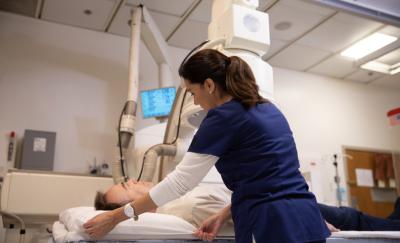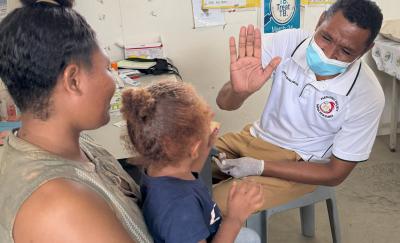Nurturing and Optimizing Networks of Care to Maximize Benefits to Patients, Health Workers, and Health Systems


Often in global health, promising practices are oversimplified and oversold as a panacea. Without more evidence, that could become the case for an approach known as Networks of Care that is increasingly getting attention. In the broadest terms, these are systems of organizations and people that work together to improve health outcomes.
Networks of Care come in different shapes and sizes. They may be formal constructs or informal groups based on cultural factors and relationships. They may be focused vertically on patient care or horizontally on mutual support at the provider level. They may cut across public and private sectors or be contained within a fixed health system. They may also be supported by policies and programs at the country level or developed organically. With such different structures, governance, and management it’s difficult to compare and evaluate their effectiveness.
What we lack is a clear, common understanding of the problems these networks could solve, as well as evidence on the benefits these existing and informal networks create, what incentive structures have helped, and ways of adapting these incentives to further strengthen network functions.
In a new article with coauthors Nicholas Leyton of the Bill & Melinda Gates Foundation and Steve Hodgins, editor in chief of Global Health Science and Practice, we propose five areas where we think Networks of Care may be a potential solution, and we call for a global commission to further build and develop the concept of Networks of Care in line with the framework we outline.
Read the full article published in Global health Science and Practice.
Parts of this are excerpts from the article, published under Creative Commons Attribution 4.0 International License (CC BY 4.0)
Read More
Health Policy & Systems

Advancing Military Family Health Through the Millennium Cohort Family Study
Abt Global is a key research partner to the Department Defense and Naval Health Research Center on the Millennium Cohort Family Study

AcademyHealth 2025 Annual Research Meeting (ARM)
Join Abt Global at AcademyHealth’s 2025 Annual Research Meeting (ARM) in Minneapolis.

Provincial Leadership Means Better Health Services in Papua New Guinea
Improved provincial financial governance is boosting health services, efficiency, and donor trust across Papua New Guinea with support from Abt.
